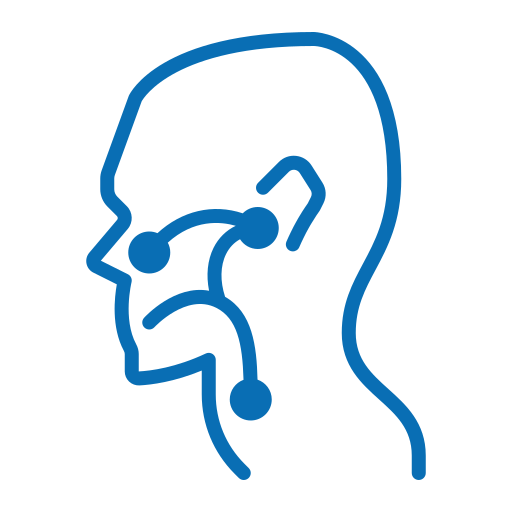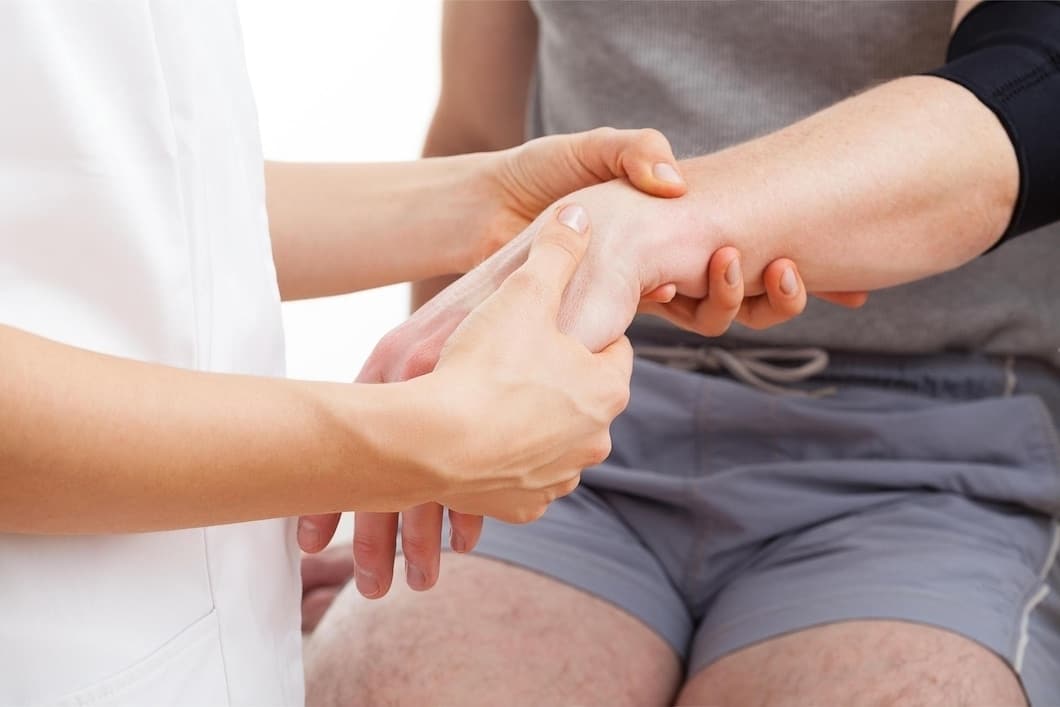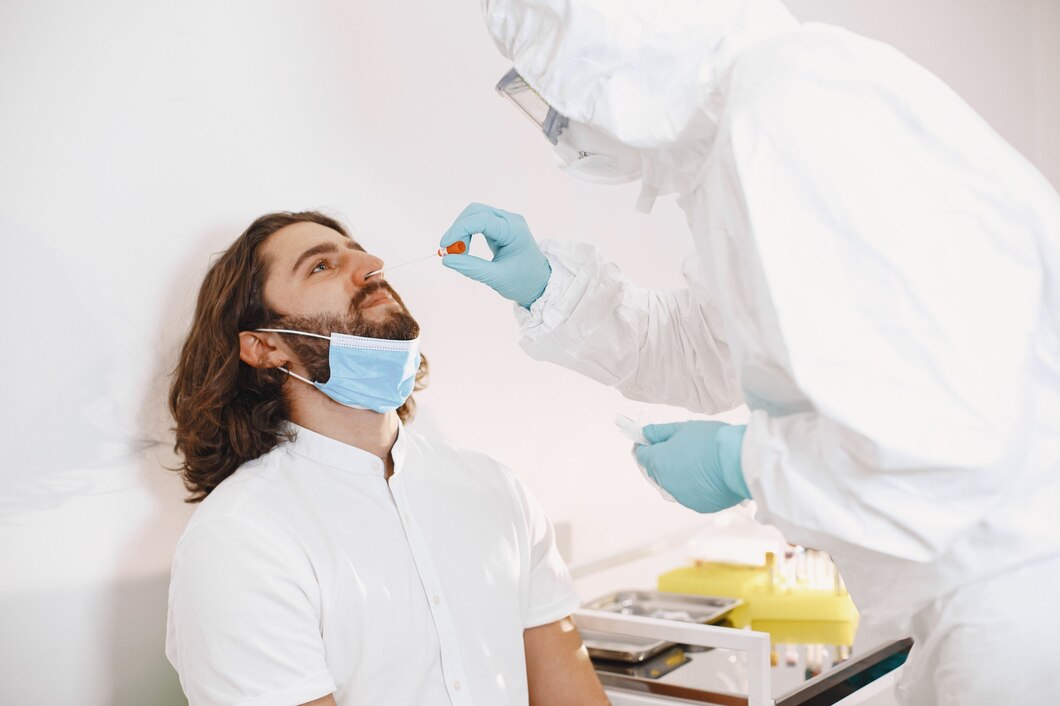Navigating the intricacies of hormone health can be daunting, which is why my healthcare practice at Absolute Urgent Care frequently sees patients struggling with symptoms of hormone imbalance who don’t know when or if seeking professional assistance would help them. Hormones play an integral part of human bodies from mood regulation to weight management to sexual function – and so these blog post will explore common hormone imbalance symptoms, their possible causes, and when hormone therapy could provide help.
Understanding Hormones and Their Functions
Hormones are chemical messengers produced by glands within the endocrine system that serve to regulate various bodily processes including metabolism, growth, mood regulation and reproductive processes. Some key hormones are:
Estrogen: Estrogen plays an integral part in reproductive health by helping regulate menstruation cycles in women, while testosterone contributes to building muscle mass, increasing sexual desire and energy levels among both genders. Thyroid Hormones control metabolism, energy production and overall body functions – something Estrogen doesn’t do as efficiently or regularly.
Cortisol: Cortisol, commonly referred to as the stress hormone, regulates our response to stress while simultaneously controlling bodily processes. An imbalance of any of these hormones may lead to various symptoms that impact both overall health and quality of life – these symptoms could include issues with weight issues and irregular periods among other complications. Atypical Hormone Imbalance Signs / Symptoms (PDF).
Recognizing the symptoms of hormonal imbalance is key to finding effective treatment, here are some symptoms you should keep an eye out for:
Fatigue and Low Energy
Feeling exhausted despite getting ample rest can be an indicator of hormonal imbalance, specifically hypothyroidism resulting in fatigue, weight gain and depression – while decreased testosterone levels in both women and men contributes to lower energy levels overall.
Mood Swings and Irritability
Hormonal fluctuations have an immense effect on one’s mental wellbeing. Women typically experience mood shifts during menstruation cycles; persistent feelings of irritation or anxiety could indicate more serious hormonal problems; imbalances involving estrogen and progesterone could contribute to PMS or PMDD-type conditions that wreak havoc with mental wellbeing.
Changes in Appetite and Weight
Hormones have an immense effect on appetite regulation and metabolism, leading to fluctuations in cravings, weight gain or loss unintentionally, or insulin resistance resulting from conditions like polycystic ovary syndrome (PCOS) that leads to both difficulty losing weight as well as gain. Insulin resistance often has the opposite result – leading to weight gain with difficulty losing it.
Sleep Disturbances
Hormonal imbalances may wreak havoc with sleeping patterns. Low progesterone levels may result in insomnia while elevated cortisol levels from chronic stress may disrupt quality restful slumber – all which worsen other symptoms and perpetuate their impact further down the line. Inadequate rest only perpetuates its own cycle of imbalance.
Changes to Menstrual Cycle
Women may experience irregular periods, heavier or lighter menstrual flow or missed periods due to hormonal fluctuations caused by conditions like PCOS or thyroid diseases that interfere with menstruation cycles and lead to fertility problems.
Sexual Dysfunction
Hormonal imbalances may wreak havoc with both males and females’ sexual function and desire, from decreased testosterone levels causing erectile dysfunction in men to vaginal dryness or reduced sexual desire in women.
Skin Changes
Hormonal fluctuations may contribute to skin issues like acne outbreaks in women as well as dryness or premature aging in their skin. Increased androgen levels have been known to trigger breakouts of acne among them.
Hot Flashes and Night Sweats
As part of menopause symptoms, hot flashes and night sweats are frequent symptoms, yet younger women can also be susceptible to experiencing them due to hormonal imbalance. Reasons Behind Hormonal Imbalance.
Understanding the causes of hormone imbalance can provide key insight into making informed health decisions. Common factors may include: Age: Hormone levels typically fluctuate with age – particularly during puberty, pregnancy and menopause when hormone production naturally shifts up or down accordingly.
Stress: Long-term stress leads to elevated cortisol levels, disrupting hormonal equilibrium.
Poor Diet: Eating sugary or processed food-laden diets is known to contribute to hormonal imbalance, particularly insulin resistance.
Lack of Exercise: Impact on hormone levels and lead to weight gain, leading to hormonal imbalance. Medical Conditions such as PCOS, thyroid conditions or diabetes may contribute to such imbalances as well.
When to Consider Hormone Therapy
If you are experiencing symptoms of hormone imbalance, hormone therapy could be right for you. Here are a few indicators which indicate it might be time for consultation:
Persistent Symptoms
If any of the symptoms listed earlier persist despite lifestyle adjustments or home remedies, professional assistance should be sought immediately. A healthcare provider will assess your symptoms, perform necessary tests, and decide if hormone therapy would be helpful in managing them.
Impact on Quality of Life
When hormonal symptoms interfere with everyday activities such as relationships or work performance, hormone therapy could provide invaluable relief and overall well-being improvements. Addressing hormone-related concerns will have profound effects on overall wellness.
Unexpected Weight Changes
Have You Noticed Significant Gain or Loss Has Weight Been Gaining or Shifting Without any Diet Change or Exercise Change? Could Hormonal Imbalance Be at Play Hormone therapy could help restore balance to metabolism, thus providing weight stability over time.
Reproductive Health Concerns
Women experiencing irregular menstrual cycles, infertility or severe PMS symptoms could benefit from hormone therapy for relief. Men experiencing low testosterone levels with associated symptoms should seek advice from healthcare providers as soon as possible as well. Types of Hormone Therapy
If you and your healthcare provider jointly decide that hormone therapy is suitable, various options are available:
Bioidentical Hormone Replacement Therapy (BHRT)
This therapy utilizes hormones which are chemically identical to what the body naturally produces and tailored specifically to meet an individual’s individual needs – this therapy may help alleviate menopausal symptoms as well as hormonal imbalances such as premenstrual syndrome and other issues that arise when trying to balance hormone levels during menopause or any other hormonal disorder.
Traditional Hormone Replacement Therapy (HRT)
HRT typically utilizes synthetic hormones and may help relieve menopausal symptoms; although effective for some, it’s essential to discuss potential risks and benefits with a healthcare provider first. 3 Lifestyle Changes
Lifestyle changes may be all it takes to restore hormonal equilibrium, including:
Dietary Adjustments: Focus on whole foods with lean proteins and healthy fats such as nuts. Fresh produce such as fruit and vegetables should also be consumed frequently and increased physical activity will help balance hormones levels as well as enhance mood.
Stress Reducing Methods: Utilizing techniques like yoga, meditation and deep breathing exercises can be used to lower cortisol levels and manage stress effectively.
Absolute Urgent Care understands that managing hormone health can be challenging. Our dedicated team can assist in diagnosing symptoms related to hormone imbalance and providing comprehensive evaluations, testing and tailored treatments plans to address any unique requirements you might have.
Recognizing signs of hormone imbalance is the first step to improving your health and vitality. If you’re suffering from persistent symptoms, consulting with healthcare provider about hormone therapy could be right option to restore balance and enhance overall well-being. With proper support and treatment you could transform your wellbeing for good.
Absolute Urgent Care offers information and appointments regarding better health at its urgent care clinics throughout Los Angeles and Orange Counties, California. Your journey begins here.





















